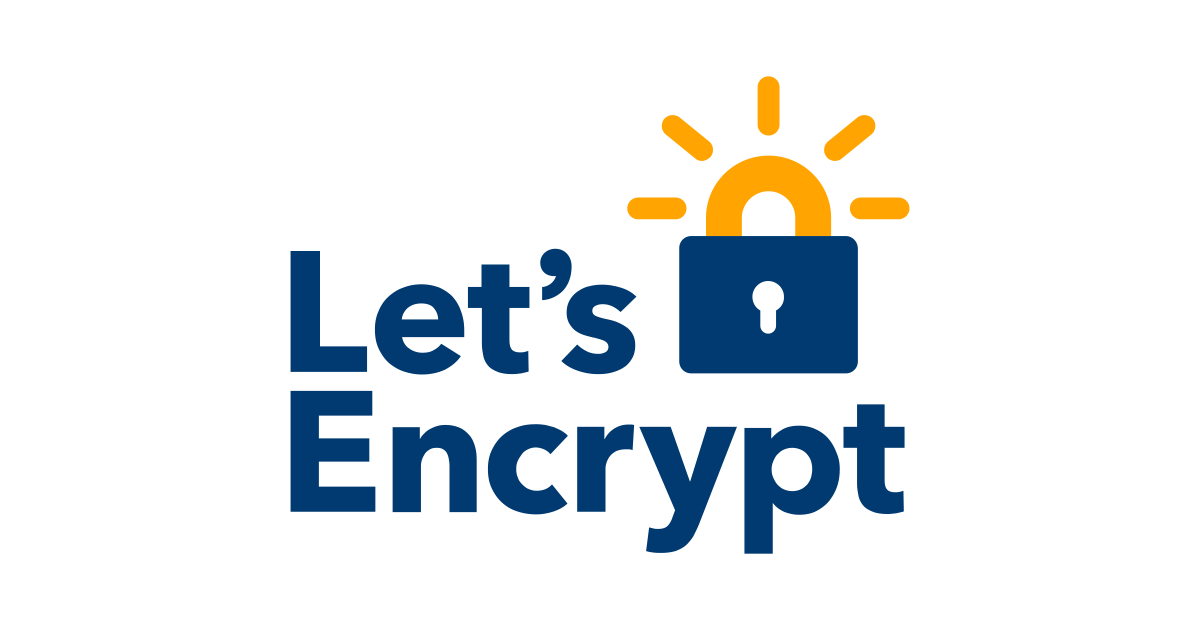What is Visual Studio Code? Microsoft’s extensible code editor
Visual Studio Code is a free, lightweight but powerful source code editor that runs on your desktop and on the web and is available for Windows

Visual Studio Code is a free, lightweight but powerful source code editor that runs on your desktop and on the web and is available for Windows, macOS, Linux, and Raspberry Pi OS. It comes with built-in support for JavaScript, TypeScript, and Node.js and has a rich ecosystem of extensions for other programming languages (such as C++, C#, Java, Python, PHP, and Go), runtimes (such as .NET and Unity), environments (such as Docker and Kubernetes), and clouds (such as Amazon Web Services, Microsoft Azure, and Google Cloud Platform).
Aside from the whole idea of being lightweight and starting quickly, Visual Studio Code has IntelliSense code completion for variables, methods, and imported modules; graphical debugging; linting, multi-cursor editing, parameter hints, and other powerful editing features; snazzy code navigation and refactoring; and built-in source code control including Git support. Much of this was adapted from Visual Studio technology.
Visual Studio Code proper is built using the Electron shell, Node.js, TypeScript, and the Language Server Protocol, and is updated on a monthly basis. The many extensions are updated as often as needed. The richness of support varies across the different programming languages and their extensions, ranging from simple syntax highlighting and bracket matching to debugging and refactoring. You can add basic support for your favorite language through TextMate colorizers if no language server is available.
The code in the Visual Studio Code repository is open source under the MIT License. The Visual Studio Code product itself ships under a standard Microsoft product license, as it has a small percentage of Microsoft-specific customizations. It’s free despite the commercial license.
Visual Studio Code architecture
Telling you that Visual Studio Code uses the Electron shell, Node.js, TypeScript, and the Language Server Protocol doesn’t do justice to the architecture. For starters, what does the About box tell us?
Version: 1.66.2
Commit: dfd34e8260c270da74b5c2d86d61aee4b6d56977
Date: 2022-04-11T07:49:20.994Z
Electron: 17.2.0
Chromium: 98.0.4758.109
Node.js: 16.13.0
V8: 9.8.177.11-electron.0
OS: Darwin x64 19.6.0
So, in addition to Electron (a framework that lets you write cross-platform desktop applications using JavaScript, HTML and CSS) and Node.js (a JavaScript runtime built on Google Chrome’s V8 JavaScript engine), VS Code uses Chromium (an open source browser project that aims to build a safer, faster, and more stable way for all Internet users to experience the web) and V8 (Google’s open source, high-performance JavaScript and WebAssembly engine, written in C++). Darwin is basically the underpinnings of macOS; if you’re on Windows or Linux, you’ll see that OS listed.




































